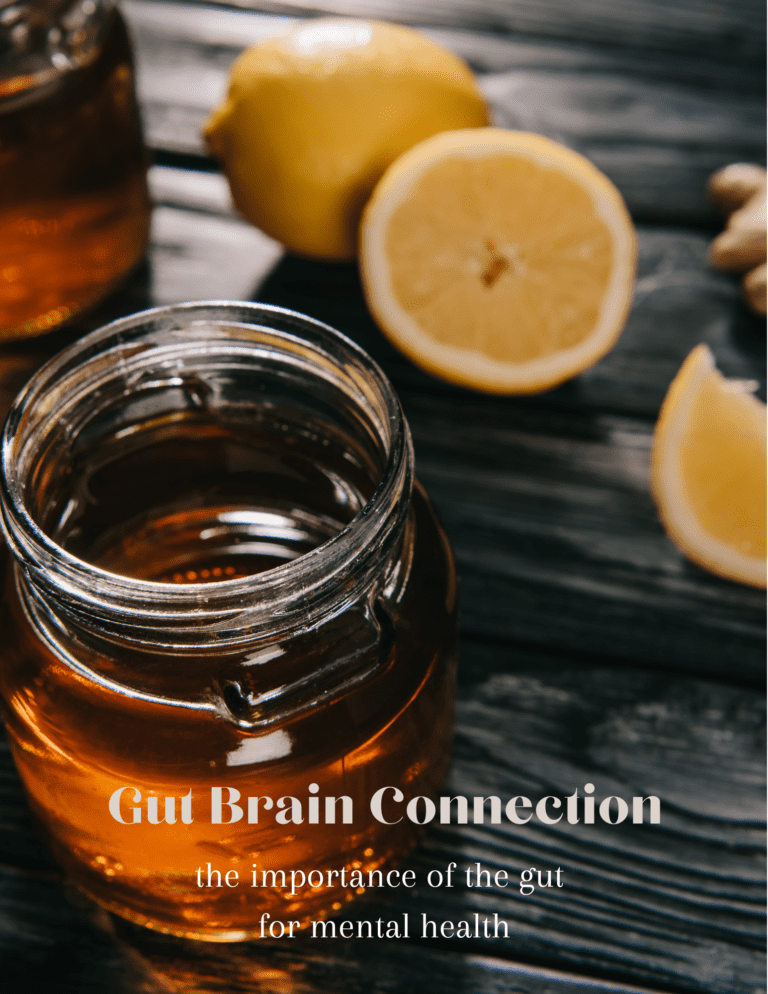Seed oils don’t get the best reputation and there have been claims that seed oils contribute to inflammation, which increases risk of chronic disease. Let’s take a look at the science behind seed oils.

Seed oils are the kind of oil that comes from a seed. The most common of the “unhealthy” seed oils are soybean, corn, canola, cottonseed, rapeseed, grapeseed, sunflower, safflower, and rice bran oil.
Why are they deemed “unhealthy” and “harmful”? Well, it all comes down to the fact that they are Polyunsaturated Fatty Acids (PUFA’s) and their Omega-6 to Omega-3 ratio.
Let me start off by saying that omega-6’s and omega-3’s are polyunsaturated fatty acids.
POLYUNSATURATED FATTY ACIDS (PUFA’S)
↓
OMEGA-6 & OMEGA-3
Polyunsaturated Fatty Acids
We’re going to get into a bit of chemistry here, but PUFA’s are unsaturated fats with a double bond structure. Chemical components in the body can usually contain single or double bonds. Without getting too confusing, when the double bond breaks down, it becomes more “unstable”.
An “unstable” broken bond is what we call a FREE RADICAL. You may have heard of free radicals before since they are a contributor to inflammation in the body. Hence why PUFA’s get the reputation of being inflammatory. Free radicals are stabilized through the intake of antioxidants (red berries, blueberries, Vitamin C, Vitamin E, etc.).
Inflammation is a normal process in the body and protects us from harmful substances. It happens in our bodies all of the time. Chronic inflammation, however; is what leads to disease. This occurs when acute inflammation becomes prolonged over months and years (1).
Omega-6
Omega-6’s, or linoleic acid, is a fatty acid that is broken down into arachidonic acid (AA) in the body. AA plays a role in the inflammatory response in the body, which gives omega-6 a bad reputation.
Fortunately, omega-6’s have many other benefits including metabolism regulation, lowering cholesterol levels, reproductive health, etc.
Omega-3
Omega-3’s, also known as DHA (docosahexaenoic acid) and EPA (eicosapentaenoic acid), are fatty acids that decrease inflammation in the body, support healthy brain function, and are great for cardiovascular health. These fatty acids come from sources like fatty fish, olive oil, and nuts.
These fatty acids are thought to be a major contributor to the longevity and health of people living in the blue zones. This is also why the Mediterranean diet is so well known as the “preferred” diet to follow.
Are Seed oils Bad?
The long and short of this answer is no. Omega-6 is found in a lot of seeds and is highly prevalent in the standard American diet. Omega-6 fatty acids can be found in SO many products on the shelves of grocery stores since a lot of products on the shelves are processed with oils and corn.
The problem is not that we are obtaining too many omega-6’s; the issue lies in the scarcity of Omega-3’s in the western diet.
RELATED: Supplements: do I really need them?
Seed Oils and Inflammation
Because we have a diet higher in Omega-6, we are more likely to experience internal inflammation. This inflammation and overconsumption can be offset by an intake of more omega-3’s.
The ideal ratio of Omega-6/Omega-3 should be 2:1. Currently, it is estimated that Americans are eating at a ratio of about 10:1. (2)
So, what do we need more of in order to prevent inflammation? Balance.
We can’t really control what companies put in food at a manufacturing level, but we can control our intake of processed foods and increase our intake of Omega-3 fatty acids.
How to get MORE Omega-3’s
There are a few ways to get omega-3’s. The dietary approach is optimal; meaning that you consume your omega-3’s through food. Since that is not always possible, supplements are another great way to get omega-3’s into your diet.
Dietary
I always recommend that most people try to get their nutrients through dietary sources. This is because we absorb nutrients better through food than through vitamin and mineral supplements.
Some key dietary sources of omega-3’s include:
- Seafood (salmon, anchovies, swordfish, halibut)
- Nuts (walnuts, cashews)
- Avocados
- Beans
- Tofu
- Oils (fish oil, flaxseed oil, cod liver oil)
Supplements
My preferred supplement for omega-3’s is Fish Oil. It’s relatively tasteless and odorless and very reasonably priced. This is the supplement that I use.
As always, I take USP verified supplements so that I know I am ingesting exactly what the bottle says. You don’t need to be spending a crazy amount on “name brand” supplements to get the benefits. Stick to brands that you know are reliable and reasonably priced. Nature Made is usually your best option.
Antioxidants
We cannot mention the word free radical without discussing antioxidants. Another way to fight inflammation that may be caused by excessive omega-6 consumption is through antioxidants.
The word antioxidant means (anti-) to inhibit or stop (oxidant) oxidation. These fighters stop the formation of free radicals that can cause damage within the body.
Some of the most common sources of antioxidants are in dark colored fruits and vegetables. Any fruit or vegetable that appears dark red, blue, purple, or black. Foods like blackberries, raspberries, blueberries, red cabbage, red onions, black beans, grape juice, wine, etc.
These foods get their color from a compound called Anthocyanin’s, which are the antioxidants!
RELATED: Vitamin D: which do I take??
This post was all about seed oils, polyunsaturated fats, antioxidants, and Omega-3’s and their benefit to our health when eaten in a balanced way.



